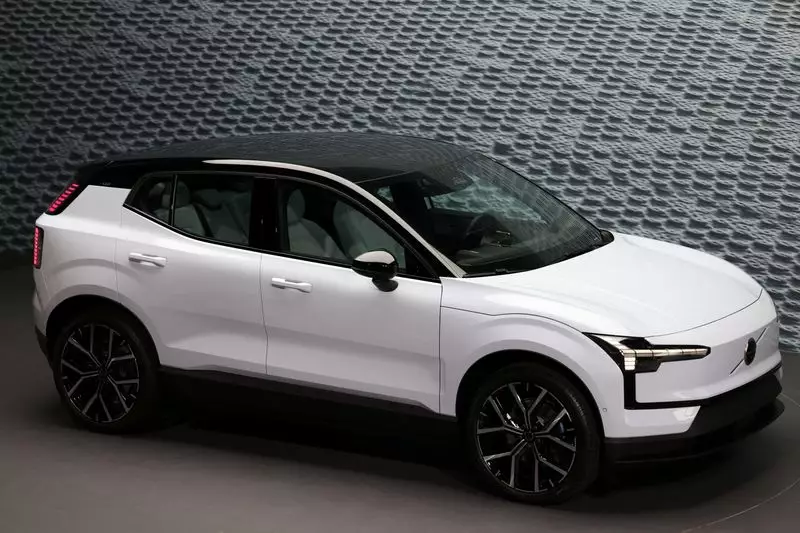In an effort to anticipate potential tariffs on Chinese-made electric vehicles, Volvo has begun relocating production of its EV models to Belgium. This strategic move comes as the European Union considers cracking down on Beijing-subsidised imports, which could significantly impact the automotive industry. Volvo, a company majority-owned by China’s Geely, is taking proactive steps to mitigate the impact of potential tariffs on its operations.
The decision to move production of the EX30 and EX90 models from China to Belgium reflects Volvo’s commitment to adapting to changing regulatory environments. By relocating manufacturing to Europe, Volvo aims to avoid any disruptions in sales due to tariffs on Chinese-built EVs. This shift in production signifies Volvo’s responsiveness to evolving market dynamics and regulatory challenges.
The move to shift production of electric vehicles from China to Belgium could have broader implications for the automotive industry. As the European Commission investigates potential subsidies on fully-electric cars manufactured in China, other automakers may also consider relocating production to comply with EU regulations. This trend highlights the increasing importance of regulatory compliance and sustainability in the automotive sector.
Geopolitical Factors Driving Production Shifts
The strained relations between China and the EU, exacerbated by geopolitical factors such as Beijing’s alignment with Moscow post Russia’s invasion of Ukraine, have influenced Volvo’s decision to relocate production. By reducing dependence on China for electric vehicle manufacturing, Volvo and other companies are seeking to navigate complex geopolitical dynamics while aligning with the EU’s green transition goals.
As the European Commission’s anti-subsidy investigation progresses, the automotive industry is likely to witness further shifts in production and supply chains. Volvo’s proactive approach to relocating production to Europe underscores the importance of agility and adaptability in the face of regulatory uncertainties. The evolving landscape of electric vehicle production reflects a broader trend towards sustainability and compliance in the automotive sector.

